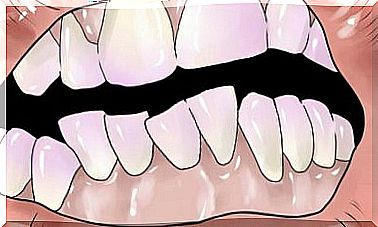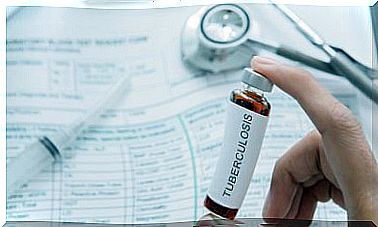When To Call The Pediatrician Immediately
There are serious accidents or illnesses that get worse that warrant that you call the pediatrician immediately. Confirm with the specialist what are the hours and contact forms in which you can call him in cases of emergency.

When you have a child, especially if it is a baby who cannot say what hurts or what he feels; There are many situations that make parents doubt whether they should call the pediatrician immediately or can wait until a routine consultation.
New parents will undoubtedly call more. Inexperience can lead them to become obsessed, and at the slightest symptom that they cannot interpret correctly, they will rush to call the pediatrician immediately.
How many times can I call the pediatrician?
In the relationship established with the children’s pediatrician, trust must prevail. As a parent, you should feel free to call the pediatrician’s office, even for routine issues. Check with him if the office has a schedule for answering calls.
However, it is important to keep in mind that the pediatrician will not always be able to answer all of your questions without seeing your child personally. If your doctor asks you to take your little one, it is best to go to his office.
Today, technology has developed numerous forms of communication; Confirm in your first appointment with the pediatrician, what are the best ways to contact him in cases of emergency: pager, text messages, WhatsApp, voice notes or call him directly.
When should you call the pediatrician immediately?
The American Academy of Pediatrics developed the following list of situations and recommendations to consider, to know when it is necessary to call the pediatrician immediately.
If your child presents any of the following symptoms, do not hesitate to contact the doctor who treats him, no matter how many times you have to insist until he treats you. Your health depends on your call:
- Vomiting and diarrhea lasting several hours in a child of any age.
- Skin rashes, especially if accompanied by fever.
- Any type of cough or cold that does not improve in several days.
- Cuts or wounds that need stitches.
- Lameness or inability to move an arm or leg after a fall.
- Earache with fever, or discharge in them.
- Severe sore throats or trouble swallowing.
- Shooting or focused pains in the abdomen.
- Pain that gets worse or does not go away after several hours.
- Fever that exceeds 38 ° C or more.
- Simultaneous fever and vomiting.
- Blood in the urine or stool.
- Bloody diarrhea

When to call the emergency services?
There are situations in which calling the pediatrician is insufficient; In case of accidents or serious symptoms that put your child’s life at risk, call the emergency services. They can send an ambulance or attend as soon as you arrive at the hospital.
- Bleeding that does not stop by applying direct pressure to the wound.
- Suspicion of poisoning with toxic products such as bleach, chlorine, medications, cleaning products, among others.
- Seizures (rhythmic shaking and loss of consciousness).
- Difficulty breathing.
- Change in color of lips and skin (turns blue, purple or gray).
- Neck stiffness.
- Head injury with loss of consciousness, confusion, vomiting, or changes in skin color.
- Sudden loss of energy or inability to move.
- Loss of consciousness, the child does not respond to any stimulus.
- Your child acts strangely, becomes more withdrawn and less alert.
- A cut or burn that is large or involves your child’s head, chest, abdomen, hands, groin, or face.

Recommendations when calling the pediatrician
Before making the call, grab a pen and notepad to write down any instructions. When you’re nervous, it’s easy to quickly forget the directions your doctor is giving you.
While calling, make sure your child is close to the phone, especially if he is a child who can answer any questions that the specialist asks about the discomfort or symptoms that he is presenting.
It is important that you give as much information as possible; if you have a fever, write down the temperature and time; If you have had medical problems related to the call, please remind your doctor. Make sure you have all the information about the medications he has taken.
Also, when you call the pediatrician, have the vaccination record that your child has received on hand, in case the doctor asks you any questions about it.








